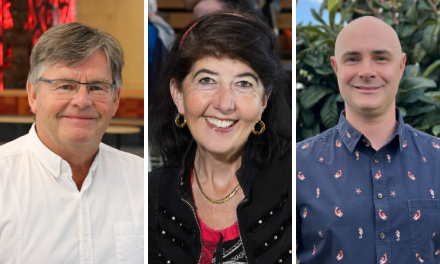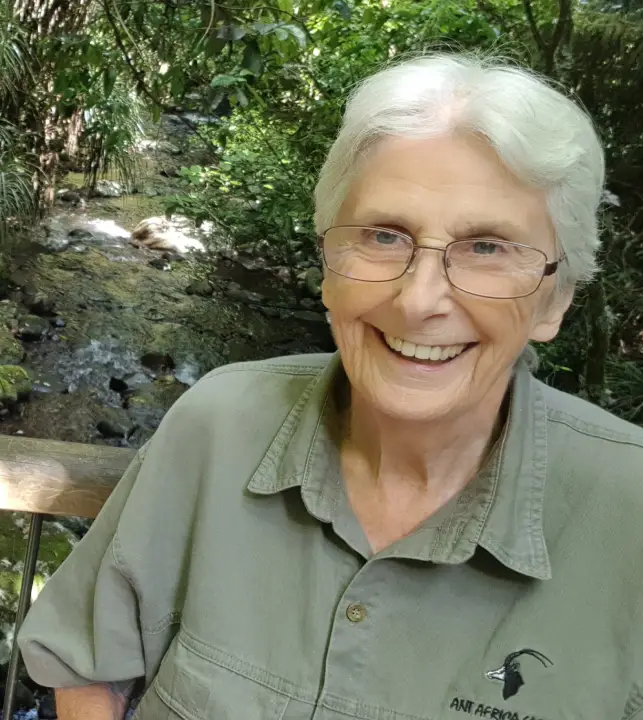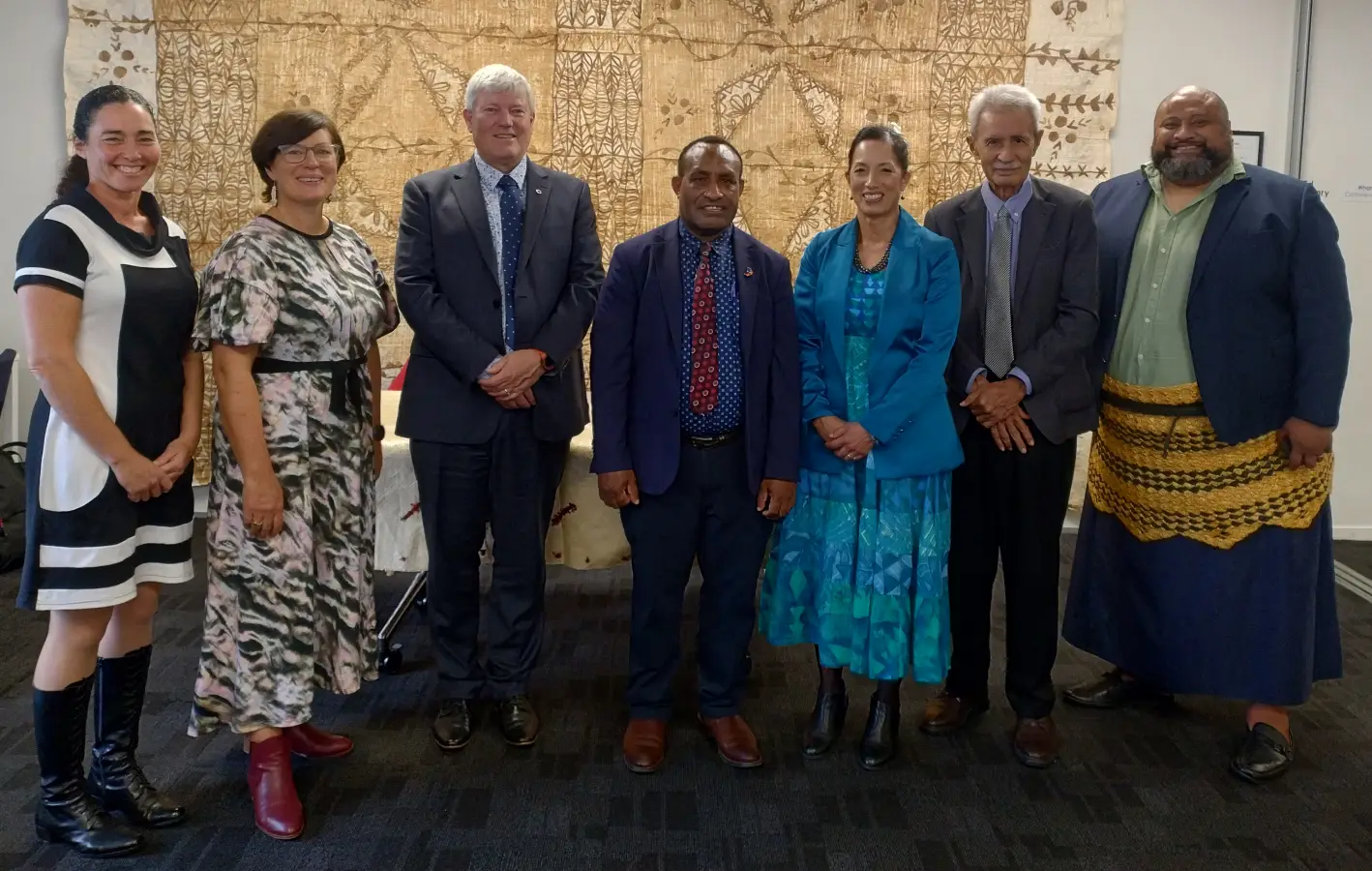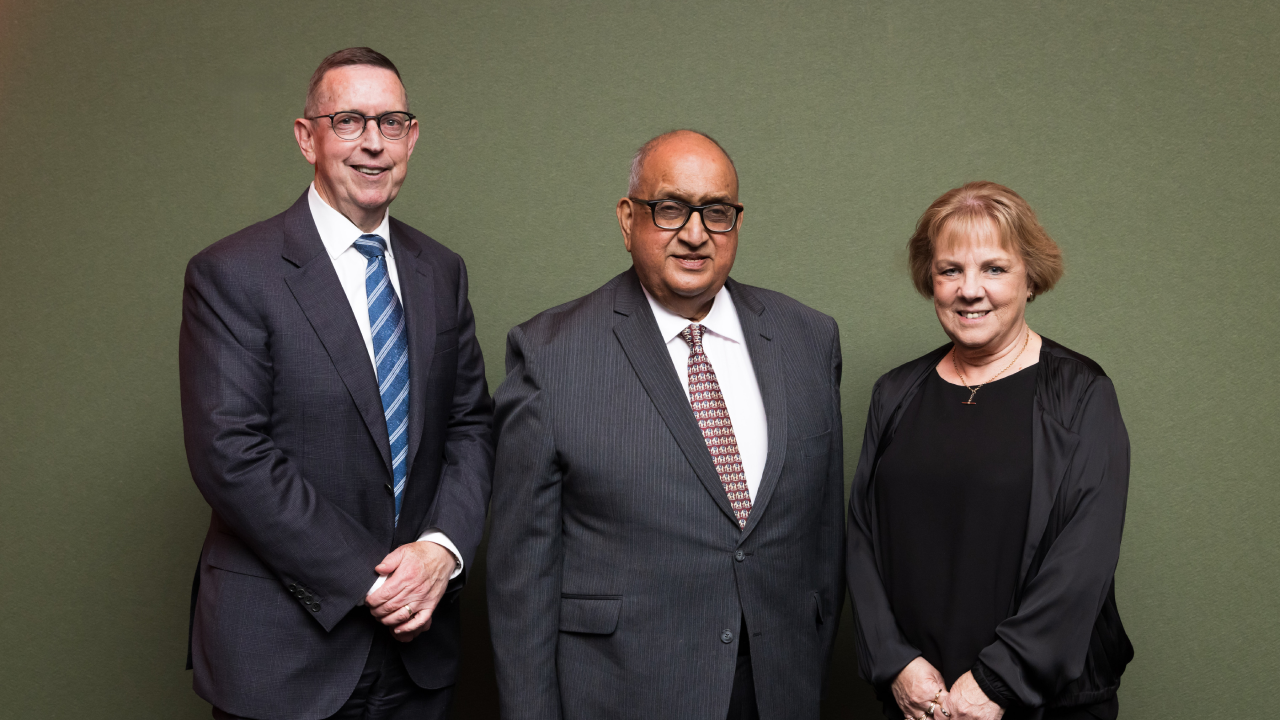Dr Amanda Bateman from the University of Waikato has been conducting conversation analysis research for over a decade. She says that quality conversation can help our youngest members of society better understand the world around them. In the current Covid environment, Dr Bateman says this is more important than ever.
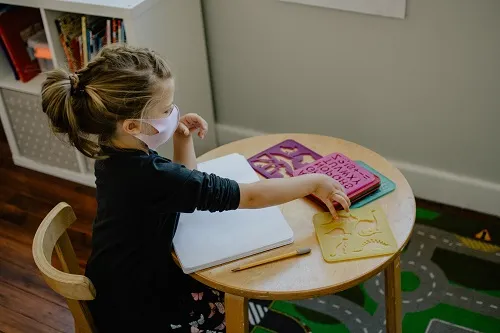
“Children right now are experiencing a world that looks very different from how it did a year ago.”
“Combine that with the fear and anxiety that many parents are facing, whether because of illness, job losses or financial insecurity, children are facing a difficult social context,” she says.
Drawing on research conducted directly after the Christchurch earthquakes, Dr Bateman says that educators should consider how their conversations can help children navigate their experiences of Covid-19.
Dr Bateman cites an example in the aftermath of the Christchurch earthquakes when the water was cut off in the early childhood centre where she was researching.
“By turning it into a learning opportunity, investigating the liquefaction outside, and asking the children ‘what has happened here?’ the teacher was able to encourage meaningful conversations.”
“It triggered the children to share their own stories and reflect on what was happening for them at home during the time of the earthquake,” says Dr Bateman.
These sorts of conversations with children on their terms, as well as to more scheduled psychologist conversations, are important. The response from a teacher or parent can be the difference between a child feeling validated or dismissed, says Dr Bateman.
“This, of course, all contributes to the child’s general understanding of the context they are living in,” says Dr Bateman.
Dr Bateman is currently co-editing a book called ‘Talking with children: A handbook for early childhood education. The book draws on global research and is designed to support early childhood educators in New Zealand and around the world learn the tools for better conversations with children.
“Educators are engaged in what seem like trivial conversations with children all day long. Our aim is to give teachers the tools to find impactful teaching moments in these interactions,” says Dr Bateman.
Using pauses, asking open-ended questions, avoiding hijacking or steering the conversation are all tools that can help teachers in the classroom. Research shows using these conversational resources in interaction help children develop working theories of the world and encourage lifelong learning - both of which are key learning outcomes of Te Whāriki’ - the New Zealand early childhood curriculum.
“New Zealand’s early childhood framework is world-renowned, and our conversation analysis research is helping teachers worldwide identify opportunities to help children learn,” says Dr Bateman.
Known internationally for her work, Dr Bateman belongs to key global conversational analysis research groups which collaborate regularly.
“Following the Christchurch earthquakes, we were asking how we were supporting children’s holistic wellbeing and how we were talking about the disaster. Right now, we are asking the same thing about Covid-19,” says Dr Bateman.
